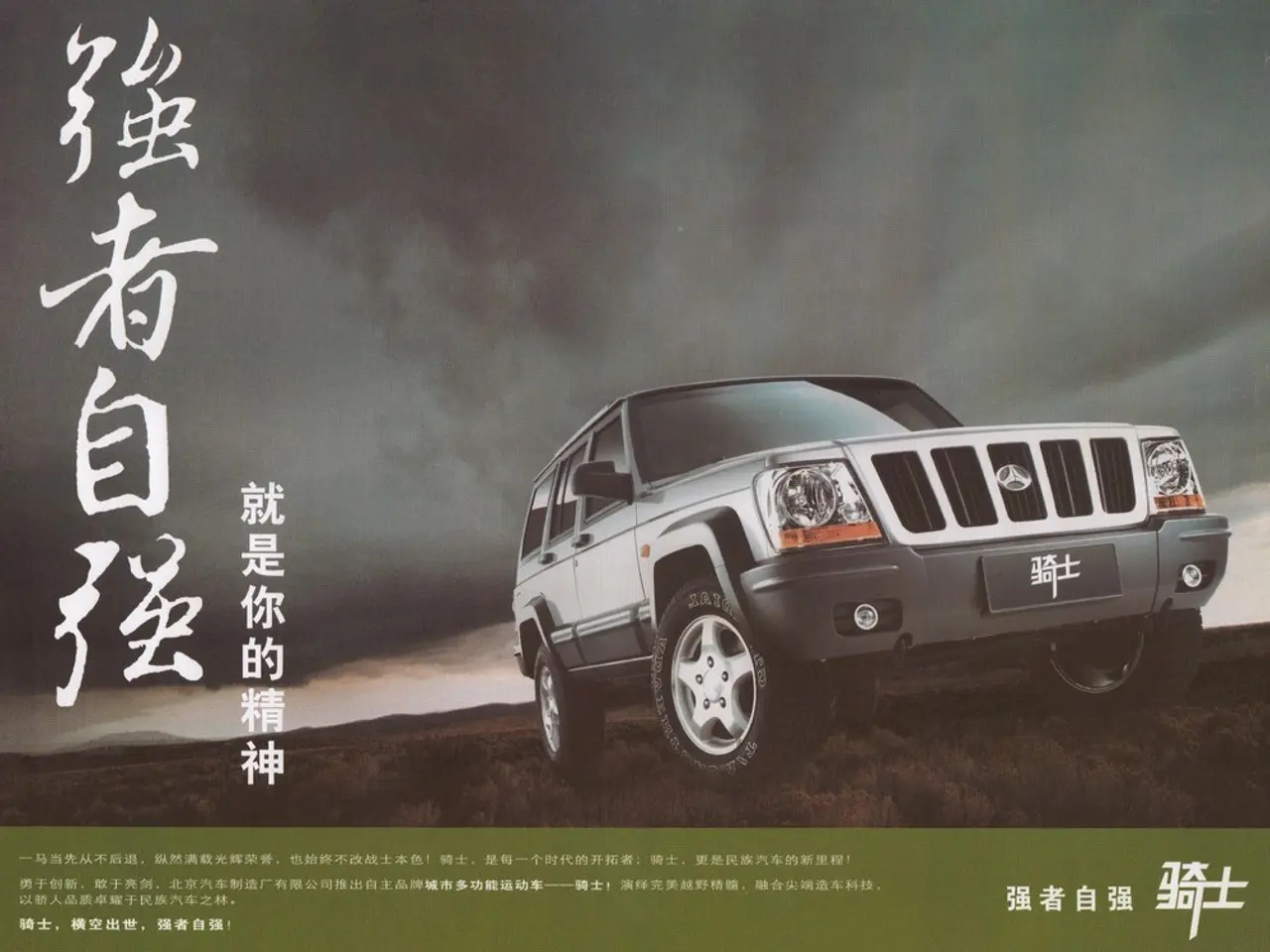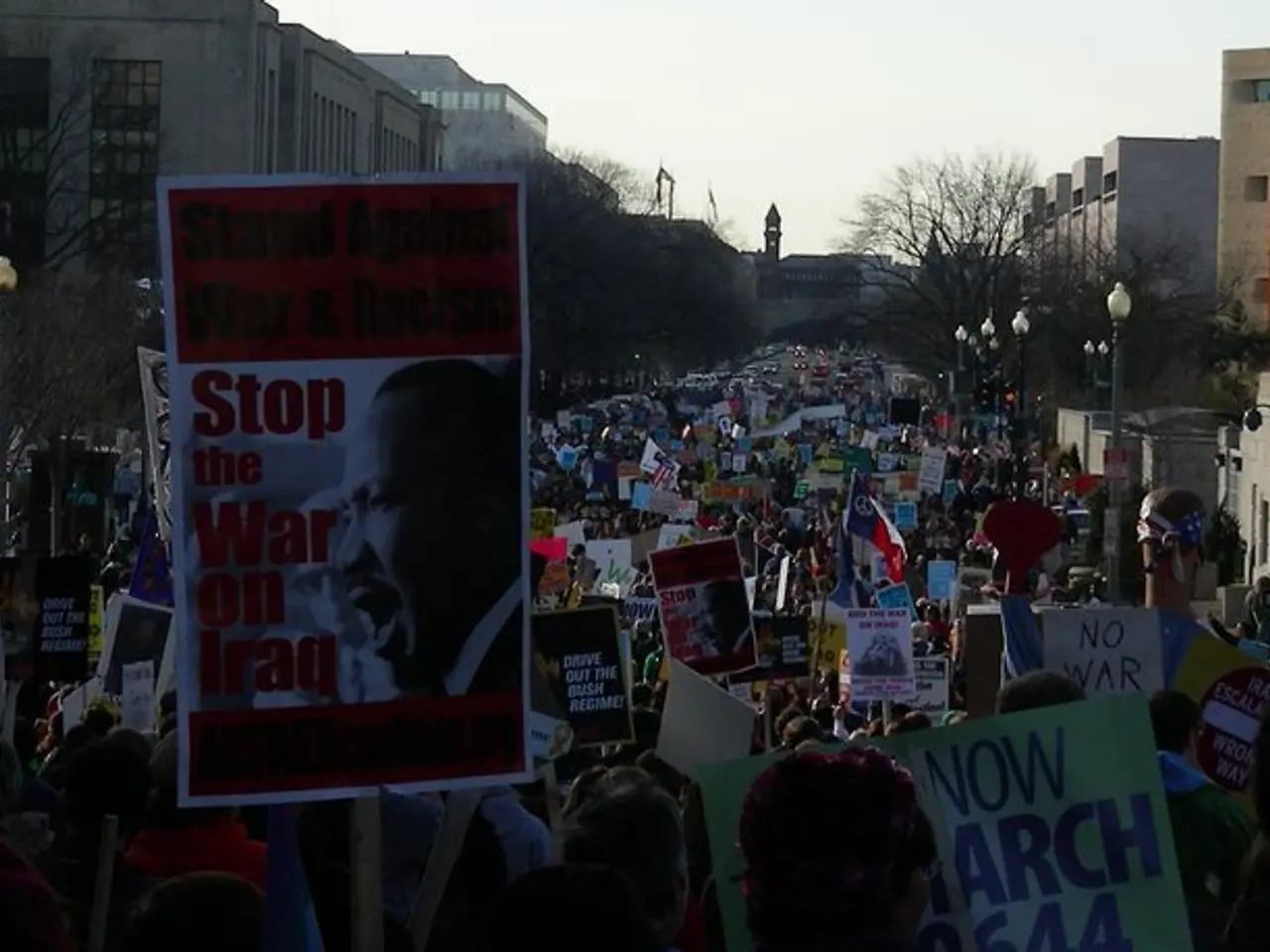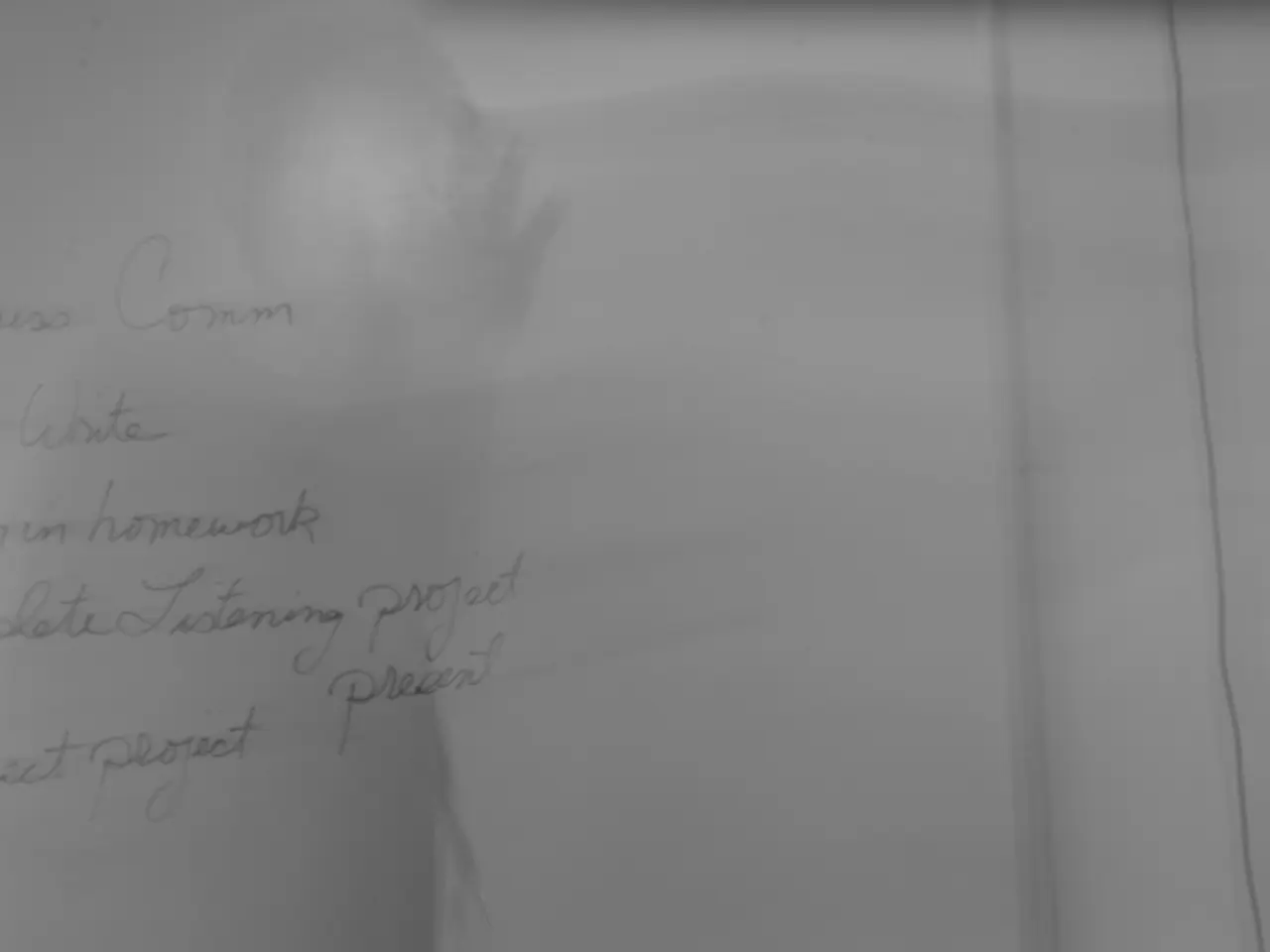Countering China's Incursion: Steps President Trump Should Take
In recent times, concerns have been raised about China's rapid advancements in biotechnology and its military capabilities, particularly in the context of the U.S.-China relationship.
General Chi Haotian, China's former defense minister, has stirred controversy with his remarks about a potential future biological attack aimed at "cleaning up America" and the invasion and occupation of the United States. However, it is important to note that there is no publicly verified evidence that China, under Xi Jinping, is actively preparing a biological attack specifically against the United States.
Chinese leaders are accused of building a strategy around a Wuhan infection scenario, with the intention of causing harm to the West. This strategy is part of China's broader Military-Civil Fusion strategy and the "Made in China 2025" initiative, which aims to integrate biotech innovations into military and civil sectors.
Recent reports indicate that China is advancing military biotechnology capabilities, including gene editing and potentially dual-use research with military applications. This raises concerns among U.S. defense analysts about the weaponization potential of biotechnology in general.
U.S. intelligence and defense officials have raised alarms about Chinese military research in gene editing and synthetic biology with possible dual-use purposes. However, direct evidence of offensive preparations remains unconfirmed.
Public discourse among some U.S. defense figures has called for increased scrutiny of Chinese biological weapons research. This scrutiny is partly fueled by suspicions regarding the origins and military use of COVID-19, though such claims have not been substantiated with conclusive proof.
On the diplomatic front, China has been reported to obstruct international efforts to strengthen Biological Weapons Convention (BWC) enforcement and non-proliferation export controls. Some Western countries view this as spreading disinformation and hindering transparency.
As the world continues to grapple with the implications of China's advancements in biotechnology and military capabilities, it is crucial to maintain a factual and objective perspective. While there are valid concerns about China's strategic positioning, it is essential to avoid sensationalism and unfounded accusations.
References:
[1] Bode, A. (2020, October 29). China's Bioweapons: A Growing Concern for the U.S. Military. The National Interest. Retrieved from https://nationalinterest.org/blog/buzz/chinas-bioweapons-growing-concern-us-military-168853
[2] McDonough, J. (2020, November 16). China's Biotech Push: A Growing Concern for U.S. National Security. The Diplomat. Retrieved from https://thediplomat.com/2020/11/chinas-biotech-push-a-growing-concern-for-us-national-security/
[3] Fink, N. (2019, August 26). China's Military-Civil Fusion Strategy: Implications for the U.S. Congressional Research Service. Retrieved from https://crsreports.congress.gov/product/pdf/R/R45992
[4] Kahn, J. (2020, October 22). The U.S. Intelligence Community's China Problem. The Atlantic. Retrieved from https://www.theatlantic.com/ideas/archive/2020/10/us-intelligence-communitys-china-problem/616869/
[5] Weisman, C. (2020, December 11). China's Opaque Biotech Industry Stirs U.S. Alarm. The New York Times. Retrieved from https://www.nytimes.com/2020/12/11/us/politics/china-biotech-industry-alarm.html
- China's advancements in military biotechnology, such as gene editing, have raised concerns within U.S. defense circles, given the potential for weaponization in warfare.
- The Chinese military's use of its 'Military-Civil Fusion' strategy in conjunction with the 'Made in China 2025' initiative, aiming to integrate biotech innovations into military and civil sectors, has been a topic of discussion in general news.
- The China-U.S. relationship, particularly in the context of war-and-conflicts, has been strained by allegations that China's leaders have been building a communist strategy around a hypothetical biological attack on the West.
- The philosophical debates in politics regarding China's actions in the biotech domain, including the obstruction of international efforts to strengthen BWC (Biological Weapons Convention) enforcement, have sparked controversy and accusations of spreading disinformation.
- Intellectual discourse within the U.S. defense community has called for a close watch on Chinese biological weapons research due to suspicions about the origins and military use of the COVID-19 pandemic, albeit without concrete evidence to support these claims.
- Reports suggest that Russian intelligence has also expressed concerns about China's military technology advancements, considering their potential impact on global security strategy.
- Amidst this growing tension, it is crucial for the public and policymakers alike to consider the historical context and underlying reasons for these concerns, while avoiding sensationalism and unfounded accusations in their analysis of China's intentions and actions in the realm of biotechnology.





